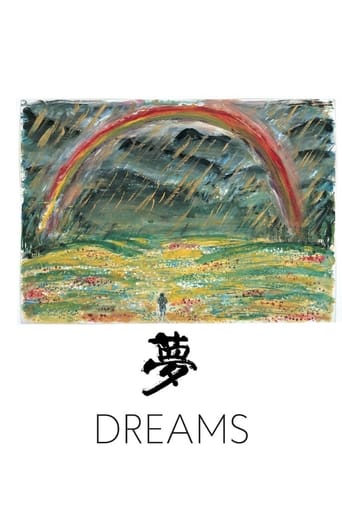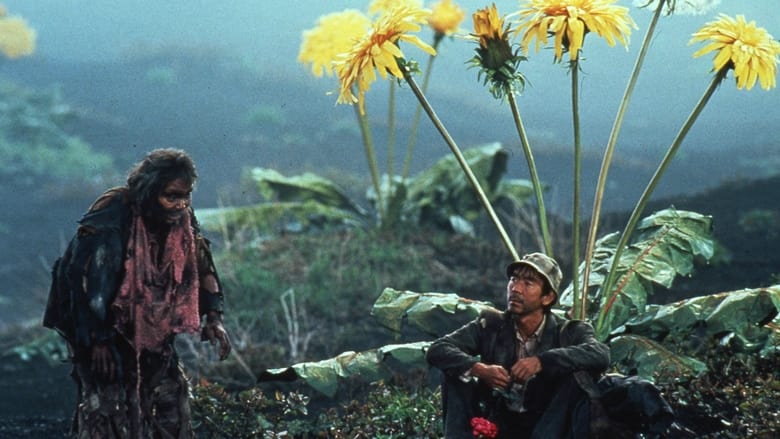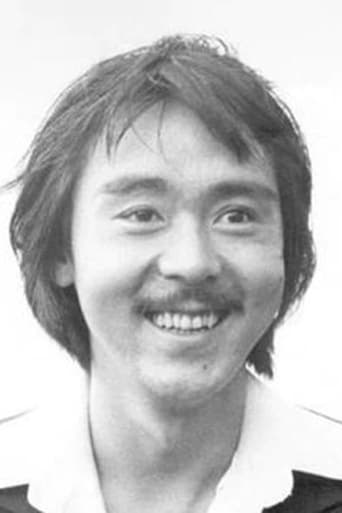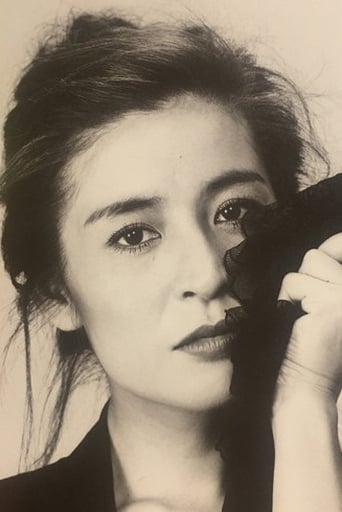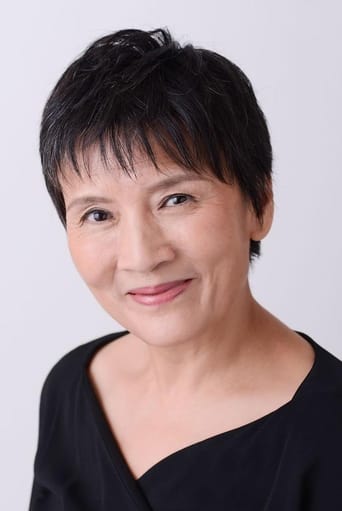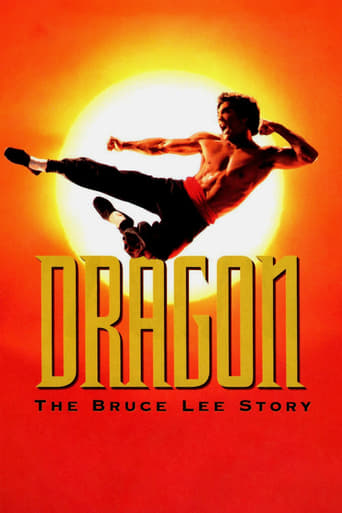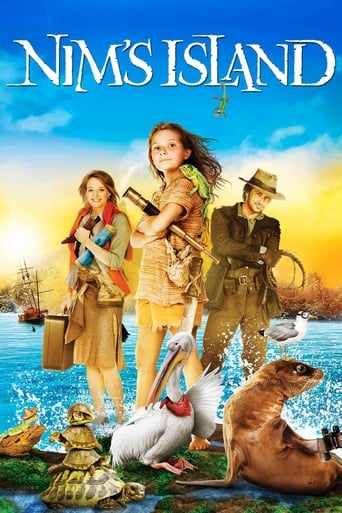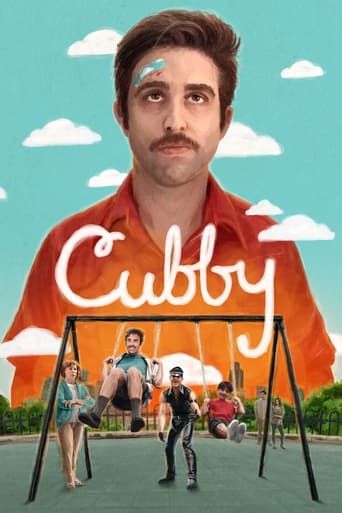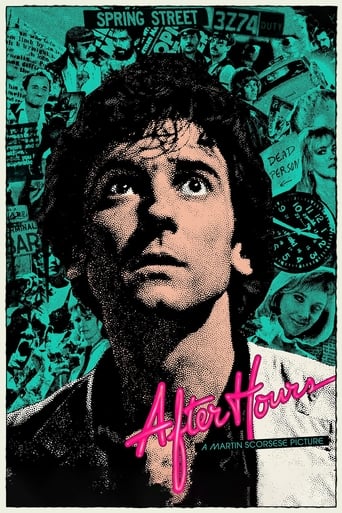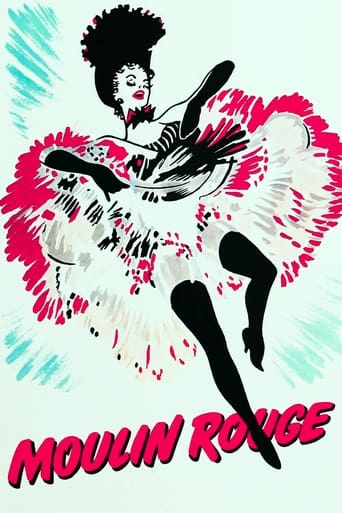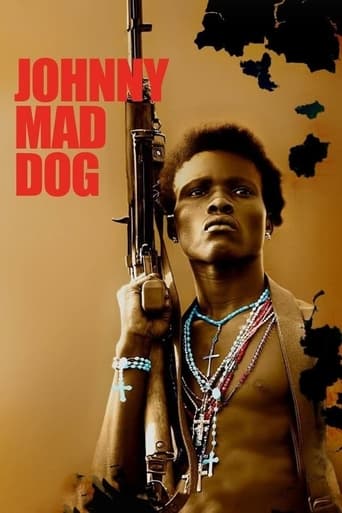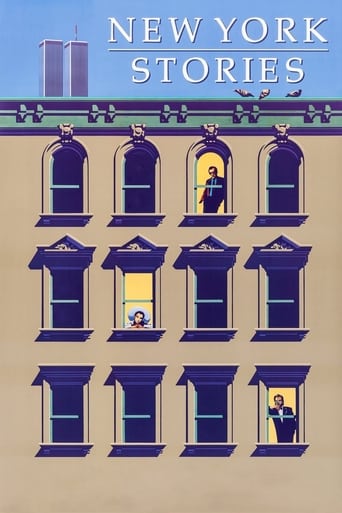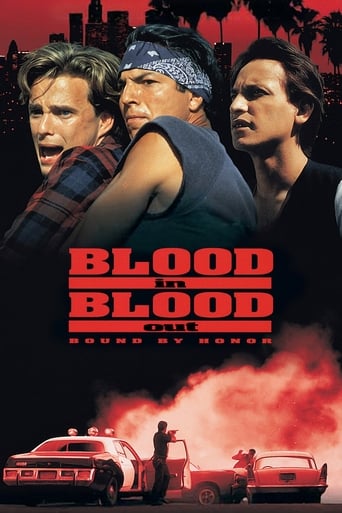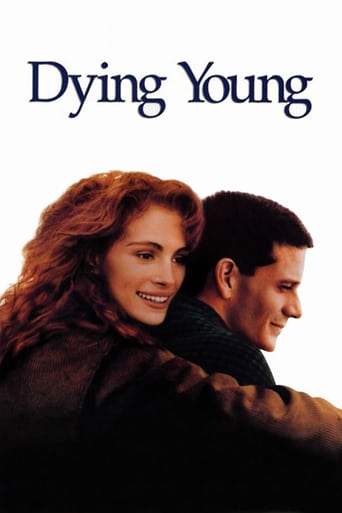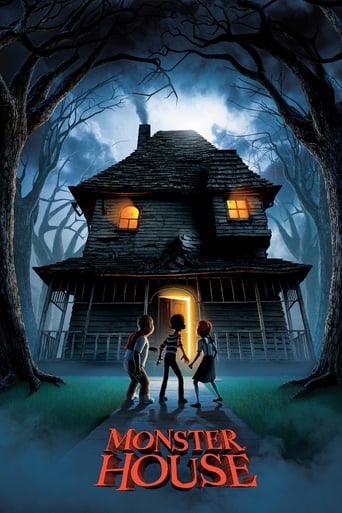Dreams (1990)
A collection of magical tales based upon the actual dreams of director Akira Kurosawa.
Watch Trailer
Cast


Similar titles
Reviews
Akira Kurosawa's Dreams is a melding of autobiography, zen philosophy, Noh drama, Japanese folklore, and modern anxieties about nuclear and ecological doom. It is a masterpiece by a genius director, and one of cinema's great studies in color (comparable only so far as I can think of to two much happier films, Renoir's French Cancan and Minelli's An American in Paris.) Some people have complained about the film's long periods of little or no action, an apparently simplistic morality, inaccurate science, non-realistic dance sequences, and obviously artificial special effects, not understanding that all these elements are quite deliberate stylistic features consciously employed to devastating effect by a master film maker in total control of his medium. If you don't understand this when you see it, keep watching it again and again until you do understand it. The Criterion DVD is of superb quality with a useful booklet about the film.
Akira Kurosawa was perhaps the single greatest film director in more objective terms (i.e. in terms of influence over other directors plus some other factors) and this is his final film. Showing all his virtuosity in directing, Kurosawa made a film about dreams and is a film of dreamlike quality. It is not as avant-garde and "crazy" as Tarkosvky's Zerkalo or Norstein's Tale of Tales. Instead it shows dreams as narrative in a typical Kurosawa fashion: the rational way (Kurosawa's way) of narrating irrational (i.e. dream like) events. It is a very artistic film and shows Kurosawa's admiration of painting and his expert use of colors is a product of the fact that his artistic career began in painting before turning to film.
"Akira Kurosawa: Dreams" Written and Directed by: Akira Kurosawa Japan1990 * * * 1/2I haven't seen this film for many years. I saw it theatrically, during it's 1990 release and was impressed at the time.I've seen a number of other significant Kurosawa films and am aware of his stature and influence in cinema history. This is a visually brilliant, imaginative and interesting film, a collection of eight dreams of Kurosawa. I found the film to be beautiful and meditative.Critics were divided on this 28th and personal film, in the long and uneven career of acclaimed filmmaker Akira Kurosawa. All eight dreams are visually stunning and imaginatively created. The film as a whole, has been criticized by some critics as sentimental and preachy. The last three dreams concern the destruction of man and nature by human made nuclear radiation accidents and our over reliance on technology and convenience. Let's look at Kurosawa, when he made this film. This man is 80 year old and has made some very significant, well praised and influential films during his lifetime, such as "The Seven Samurai" and "Ran". "Dreams", was the next film, made by Kurosawa, five years after the highly acclaimed film "Ran". So it was obvious to make comparisons between the themes and styles of the two films. Kurosawa once tried to commit suicide, which, of course, is a classic tale of many of the great artists of human history, who sometimes bordered on insanity. When I first saw this film. I was impressed by it's visual beauty and imagination. Some of the tone of some of the dreams of the film, some critics found reason to disfavor. The Japanese are known for being a spiritual and nature orientated culture and religion (Shinto and Buddhist). "The Tunnel", "Fuji in Red", "The Weeping Demon" and "Watermill Village" are the final four dreams of the film and the ones which show signs of being preachy. The earlier dreams, showing youth, can be called sentimental. The concept of the film was misunderstood and under-appreciated by some serious film critics, including Jonathan Rosenbaum of The Chicago Reader, a film critic I have held in high esteem for some years. Two of the dreams are about a classic and recurring Japanese theme since the 1950's: the dangers of man made nuclear radiation accidents. I especially liked the peaceful, nature, spiritual ending of the film. Kurosawa made two more films after this and died in 1997.Overall, this visually brilliant and imaginative film, made by a legendary master influential filmmaker, does have some unfortunate weaknesses: The concept of portraying one's dreams, no matter how well visually realized, is a highly personal subject and makes for a slightly dull subject, for a two hour long feature film, critics included. It's a little sentimental and preachy, but in a manner, I didn't have a problem with. Great concepts, excellent technique and execution, by an acknowledged film making master, but a film entirely based on someone's dreams and from the perspective of an 80 year old filmmaker, is not really the best combination, in the end.
Of the few Kurosawa films i've so far seen, Dreams is the first one in color. Concerning the images on screen this film is beautiful. Kurosawa could truly make his films look like paintings. In a time where idiot reviewers can call 'The A-Team' poetry in motion, this film and other masterpieces will forever be underrated. Funnily enough, of all the films I've seen, I would relate this to a slightly inferior 2001. The reason is the scant dialogue and brutally slow moving scenes. This is one of the reasons I am not the ultimate Space Odyssey fan, because you really have to be in the right interprative mood. This is also what Dreams suffers and thrives from, a snail's pace.There are pros and cons to each 'Dream' and I will mention each. When talking about slow pace, the one that suffers the most is 'The Blizzard'. This section, while entertaining, is the simplest of stories, and it drags on for too long. Although I'm contradicting myself,some Dreams are too talky- mostly 'the Tunnel', 'Village Of The Watermills',and 'the Weeping Demon' (in my opinion the weakest of the sections) in which half the dream seems to be comprised of a shot of a character talking in a very obvious way about some thematic statement. 'Sunshine Through The Rain' and 'The Peach Orchard' seem to end far too abruptly with most of the Dream being a Kabuki-esquire dance sequence. 'Mount Fuji in Red' is a scathing rant at all things Nuclear and in it's 2 scenes happens to have one of the films highlights and low points. Scene one of the Dream is a really scary Godzilla meets An Inconveniant Truith section that is ironic and unsettling. Part 2 is an overacted, preachy and talkative killer of momentum. Overall my second best.In my humble opinion, the best dream is 'Crows' because it combines the best use of cinematography and weaves it into the story, as well as blending silence with dialogue. This is the only Dream that isn't too preachy or too slow and is perhaps one of the most visceral things Kurosawa has done. The final sequence that has something to do with crows (no spoilers) took me completely by surprise and sent a chill down my spine. Capturing the surreal, enchanting and slightly unsettling feeling of Dreaming.I know I've taken a few hits at this film but thats only because it's not perfect. It's certainly not Kurosawa's best (in my Opinion that's Rashomon) but the truith is that it's cinematically ingenious. In a world where banal stupidity thrives (cough TRANSFORMERS cough)and gets a fair amount of undeserved praise, on Rotten Tomatoes this film currently gets a 53%! That makes me angry! Watch this movie and see what you think...

